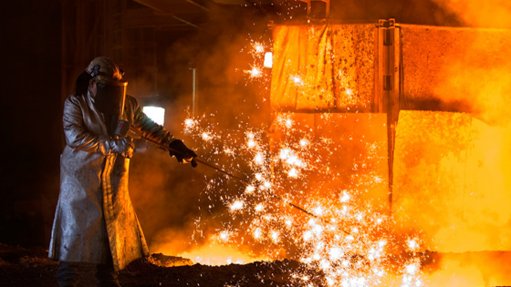
The South Gauteng High Court on Tuesday handed down a judgment mandating steel producer ArcelorMittal South Africa (AMSA) to hand over records pertaining to its environmental master plan and its Vaal disposal site to the Vaal Environmental Justice Alliance (Veja).
Veja first requested a copy of AMSA’s environmental master plan, compiled in 2002 for the rehabilitation of its Vanderbijlpark site, in 2011. Last year, the alliance also requested records relating to the closure and rehabilitation of the company’s Vaal disposal site, in Vereeniging, where AMSA had allegedly illegally dumped hazardous waste.
The requests were made on the premise that it was in the public interest, and in the interest of the community in the Vaal region, to determine the impact of the steel producer’s actions on the environment and communities’ health.
Veja believed that it, and the communities it represents, would, with the documents, be able to better ensure that AMSA carried out its obligations under the relevant legislation, which included the National Environmental Management Act (Nema), the National Environmental Management: Waste Act and the National Water Act.
“Now the communities that have been affected by AMSA and struggling with health issues can finally better understand the extent of the company’s impact and how they can begin to hold it more accountable,” Veja project coordinator Caroline Ntaopane commented.
The alliance added that the judgment was a major win, not only for the organisation, but also for environmental justice and governance in South Africa, as it confirmed the right of fence-line communities to have access to environmental documents of corporate polluters, which would put communities in a stronger position and enabled them to protect their constitutional right to a safe and healthy environment.
Nema, other environmental legislation and international law, enabled civil society to play a critical role in environmental governance, through, besides others, monitoring pollution and compliance with environmental laws, Centre for Environmental Rights attorney Robyn Hugo said.
“With this judgment, the court has confirmed that organisations like Veja are entitled to protect and exercise the right to a healthy environment by seeking information to enable them to assess environmental impacts and to exercise a watchdog role,” she added.